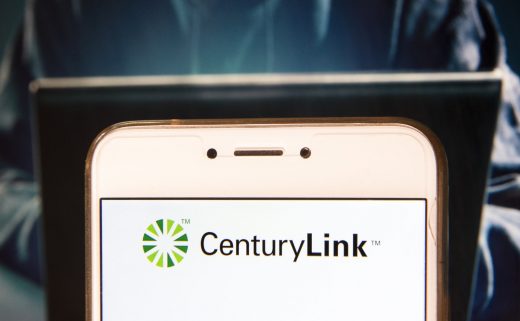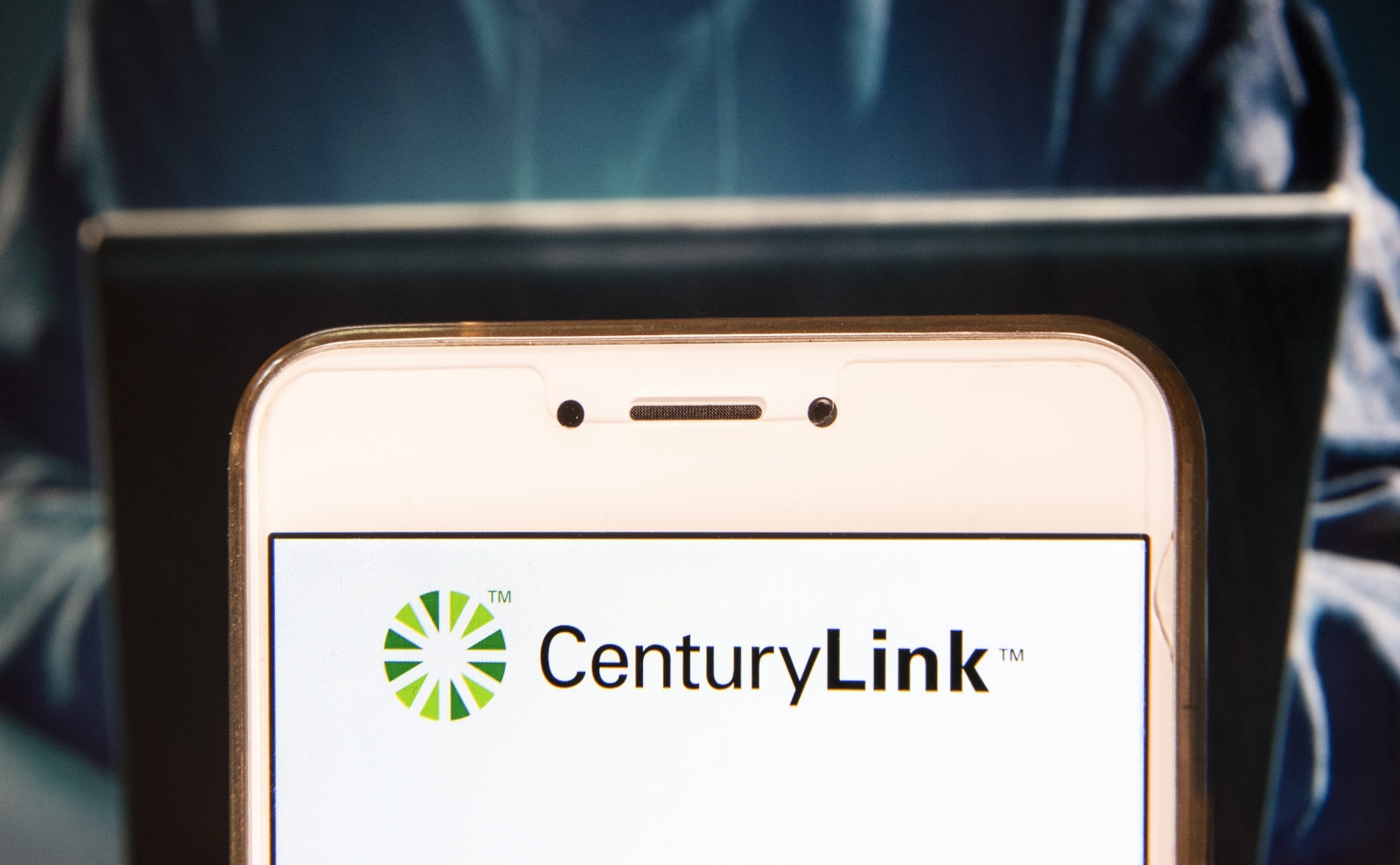Utah ISP’s internet filtering ad knocks customers offline
Internet providers are no stranger to targeting and inserting ads, but CenturyLink is being a little more… direct. Utah-based customers have discovered that CenturyLink is blocking their internet connections until they acknowledge an ad for the ISP’s parental control software. That’s annoying by itself, but it’s doubly so when users need to fire up a web browser to even know the ad is there. Customer Rich Snapp, for instance, had his Fire TV stream interrupted and didn’t realize the ad was present until he started troubleshooting.
CenturyLink claims it’s necessary to obey state law. In a statement to Ars Technica, it said that the recently enacted SB 134 law required that it alert customers to content filtering options. It was aware there were “various options” for doing this, but decided that blocking the connection was the best method in light of the “gravity” surrounding the protection of kids.
However, that doesn’t really hold up in practice. SB 134 allows for some other conspicuous options, including emails and invoices. It certainly doesn’t require that the company block all access until you click a button. Also, networks like AT&T are honoring the law in less intrusive ways. While this could be a misinterpretation of the law, there’s a concern that CenturyLink is simply using this to push its software suite to a captive audience. Not that it’s necessarily effective. Based on early reactions, it mainly appears to irritate users.
Just had @CenturyLink block my internet and then inject this page into my browser (dns spoofing I think) to advertise their paid filtering software to me. Clicking OK on the notice then restored my internet… this is NOT okay! pic.twitter.com/NtCZUeJF8I
— Rich Snapp (@Snapwich) December 9, 2018
(15)




